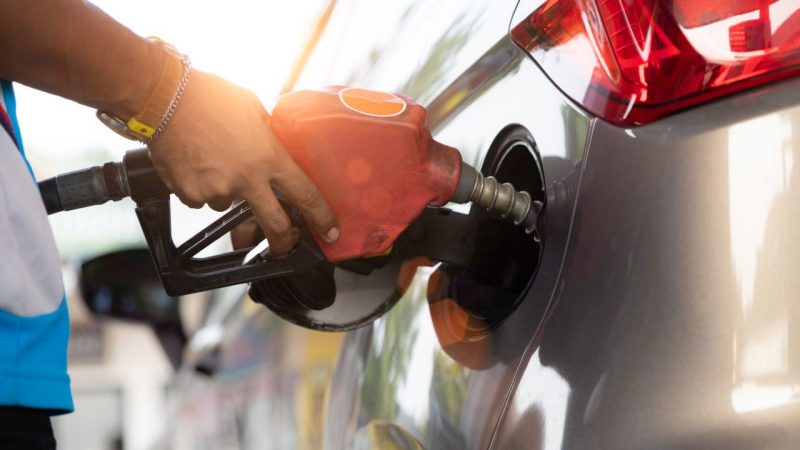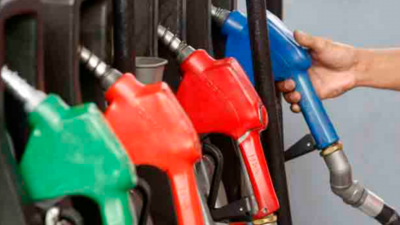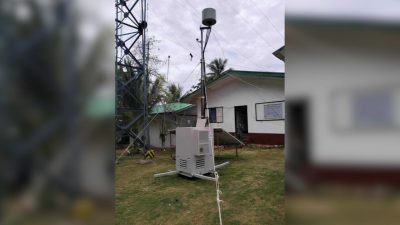This week ushers in a mixed bag of adjustments in fuel prices, with gasoline enjoying a substantial price rollback, while diesel sees a slight increase. Unfortunately, households will face an additional burden with the rise in LPG prices for the month.
Consumers relying on gasoline products can breathe a sigh of relief this week as oil companies announced a P2.00 per liter price rollback for this commodity.
Conversely, diesel product users will experience a modest increase of P0.40 per liter.
For those using kerosene products, such as households and critical industries like aviation, they will also benefit from a cost reduction of P0.50 per liter this week, as reported by industry players.
As of the latest information, Shell Pilipinas Corporation, Seaoil, Cleanfuel, PTT Philippines, PetroGazz, and Chevron Philippines are among the oil companies that have already issued notices regarding their price adjustments effective Tuesday, October 3. It is expected that their competitors will follow suit in line with this week’s pricing trends.
In addition to these fuel price adjustments, consumers will face an added burden due to a P3.75 per kilogram increase in liquefied petroleum gas (LPG), which went into effect on October 1 and will remain in place for the rest of the month.
Companies like Petron Corporation, Solane, and Phoenix Petroleum have already implemented LPG price increases over the weekend, along with numerous independent players selling the commodity at various retail outlets nationwide.
Furthermore, Petron has raised its auto LPG prices by P2.09 per liter, while Cleanfuel has advised a P2.00 per liter hike at its auto LPG stations.
2nd week of price reductions
At the gas pumps, Filipino consumers are experiencing the second consecutive week of price reductions, with the exception of diesel products for this week.
Before these recent rollbacks that began last week, the relentless rise in fuel prices was taking a toll on consumers’ wallets and paychecks, causing concern about its impact on the country’s inflation rate.
The public transport sector, in particular, had been facing significant challenges as pump prices continued to rise, leading to reduced income for those who rely on these services to support their families. (ai/mnm)







